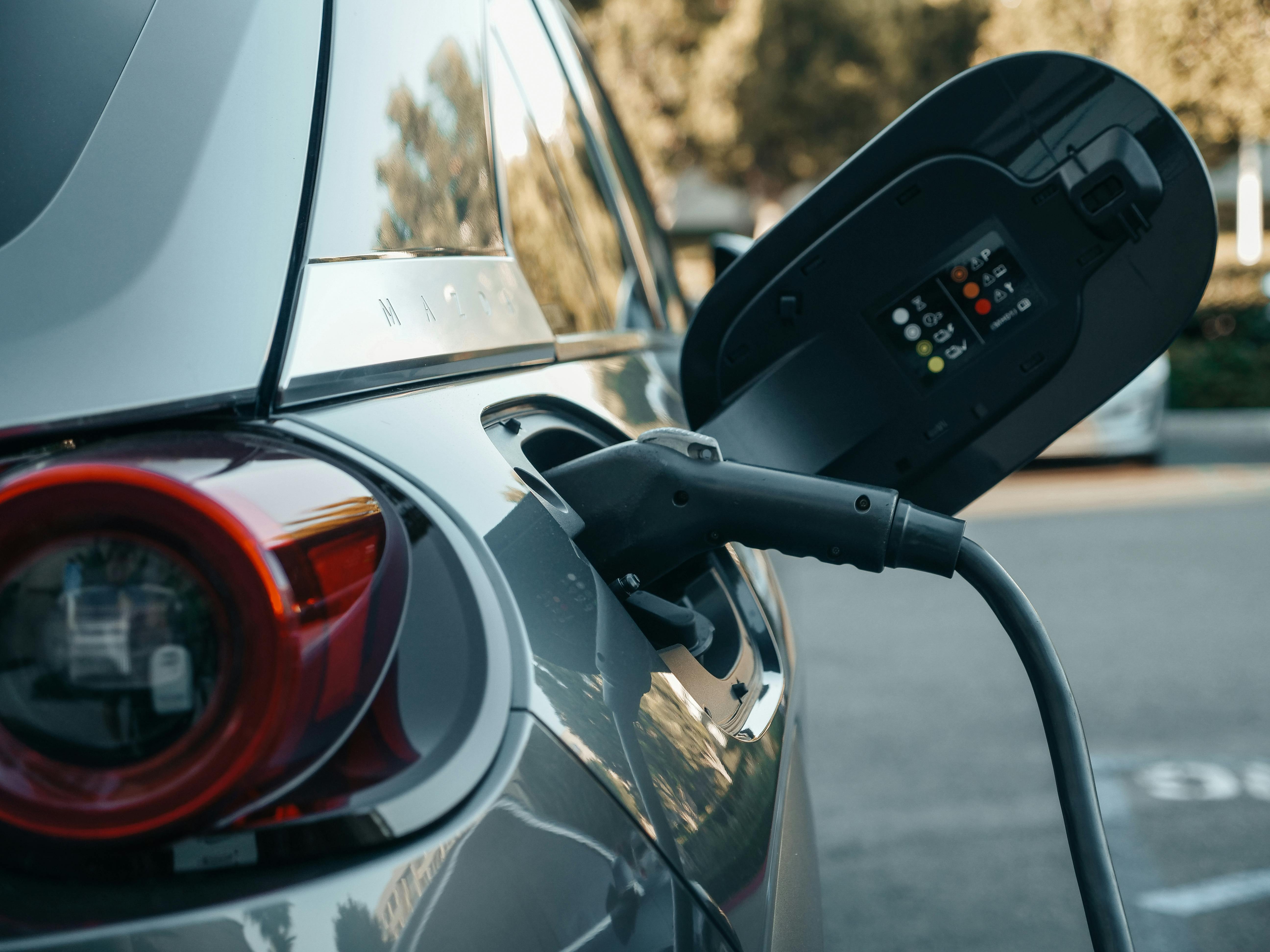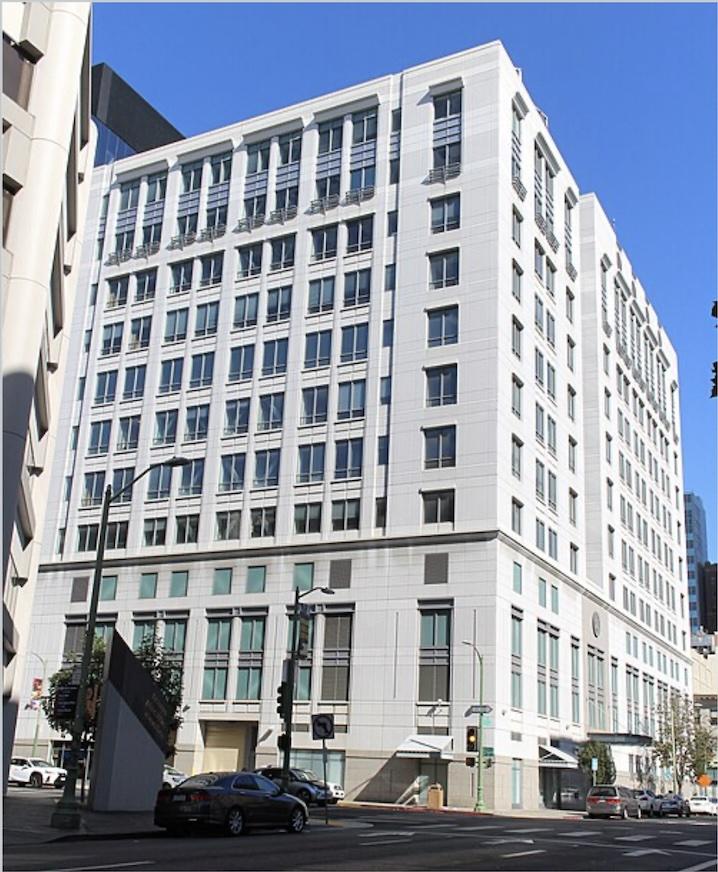WASHINGTON, D.C. — President Donald Trump on Thursday, June 12, signed three resolutions under the Congressional Review Act (CRA), overturning California’s authority to enforce pioneering clean-car and truck emission standards. The move revokes longstanding waivers granted by the Environmental Protection Agency (EPA) that allowed California to implement stricter rules on vehicle pollution and mandate a transition to electric vehicle (EV) sales by 2035.
The resolutions also target California’s regulations on heavy-duty diesel truck emissions and low-nitrogen oxide (NOₓ) standards—rules that were widely adopted by at least 11 other states.
States Launch Swift Legal Challenge
The action triggered an immediate legal backlash. California, joined by 10 other states including New York, New Jersey, Oregon, and Washington, filed suit in federal court, arguing that the CRA cannot be used to revoke Clean Air Act waivers that Congress has long upheld. Governor Gavin Newsom also directed the California Air Resources Board (CARB) to draft new emissions mandates in anticipation of a prolonged court fight.
“We are not going backward,” Newsom said. “This is a reckless attack on clean air and climate progress.”
Legal experts say the lawsuit could escalate to the U.S. Supreme Court and will test the limits of congressional authority under the CRA—an arcane legislative tool that permits the repeal of federal regulations within a certain timeframe.
Public Health and Environmental Alarm
Public health advocates warn that rolling back these standards will lead to increased pollution, especially in urban and port communities already burdened by poor air quality. These include neighborhoods in Los Angeles, Long Beach, Oakland, and San Diego—home to large numbers of Filipino and Asian American families.
According to the American Lung Association, weakened vehicle emission standards are directly linked to increased asthma attacks, respiratory hospitalizations, and cardiovascular risks. The organization called the repeal “a significant step backward” in the fight for environmental health and clean air.
Environmental groups such as the Natural Resources Defense Council (NRDC) and Sierra Club also condemned the move, saying the repeals threaten long-term climate progress and disproportionately harm vulnerable communities.
Industry Reaction and Jobs Impact
Reactions from the auto industry have been mixed. The Alliance for Automotive Innovation praised the repeal, citing reduced regulatory burdens and greater flexibility for manufacturers and consumers. President Trump echoed these sentiments during the signing ceremony, framing the action as a “historic victory for American consumers, manufacturers, and energy security.”
However, clean energy advocates argue that the decision may disrupt investments in vehicle electrification and slow the expansion of green jobs—sectors where California has led and where many workers come from immigrant and minority backgrounds.
California’s clean vehicle mandates have historically been linked to job creation in battery development, EV assembly, and renewable energy infrastructure—industries that have contributed to the state’s economic and environmental leadership.
Ninth Circuit to Hear Landmark Climate Case
The Ninth Circuit Court of Appeals is scheduled to hear initial arguments in July. California is also seeking a temporary injunction to pause the federal repeal while litigation continues. The outcome could redefine the balance of environmental authority between the federal government and the states.
Meanwhile, CARB is expected to propose alternative emissions rules that may comply with new federal constraints while maintaining California’s air quality goals.







